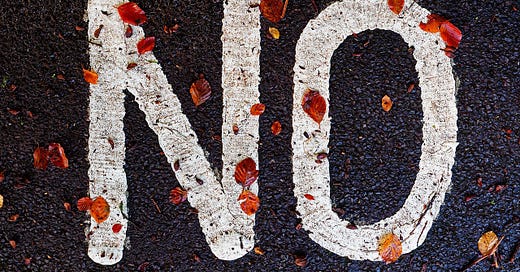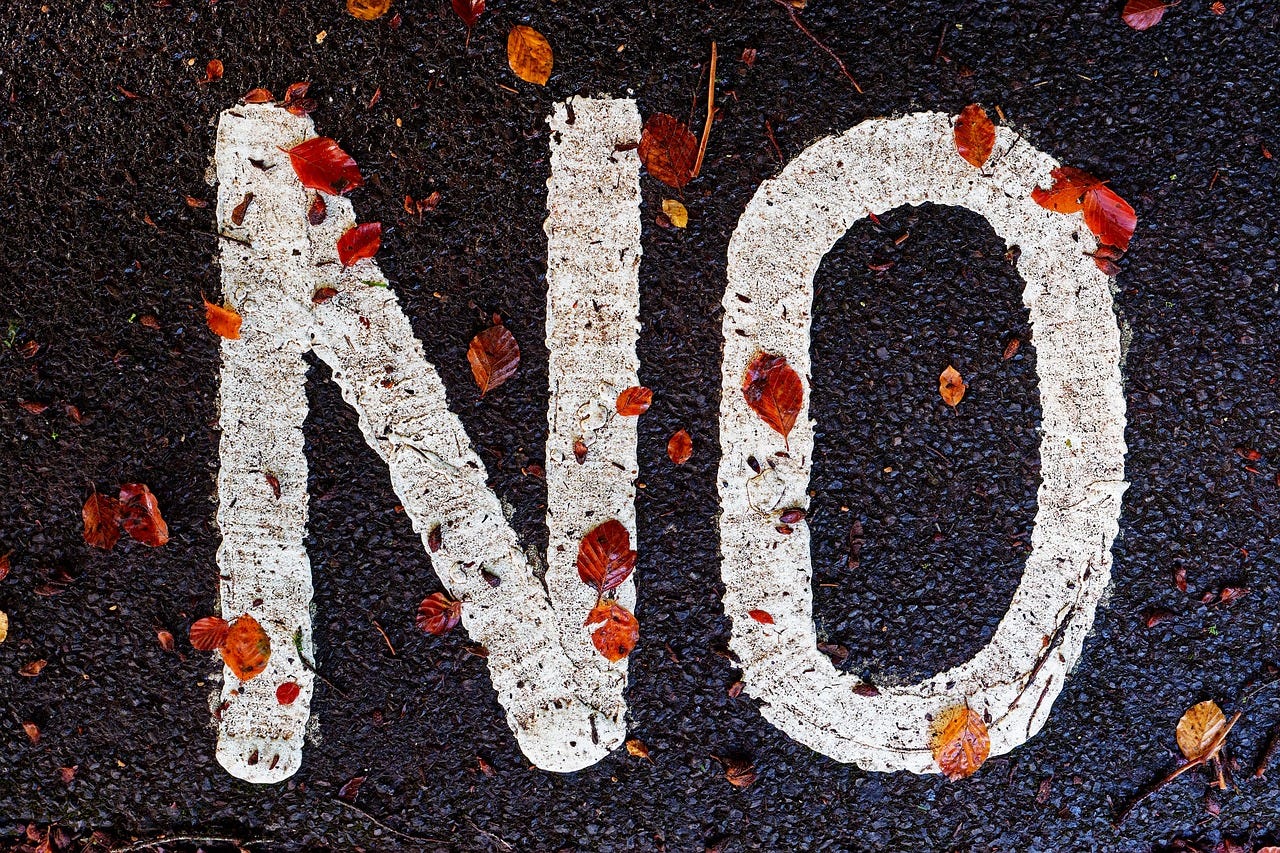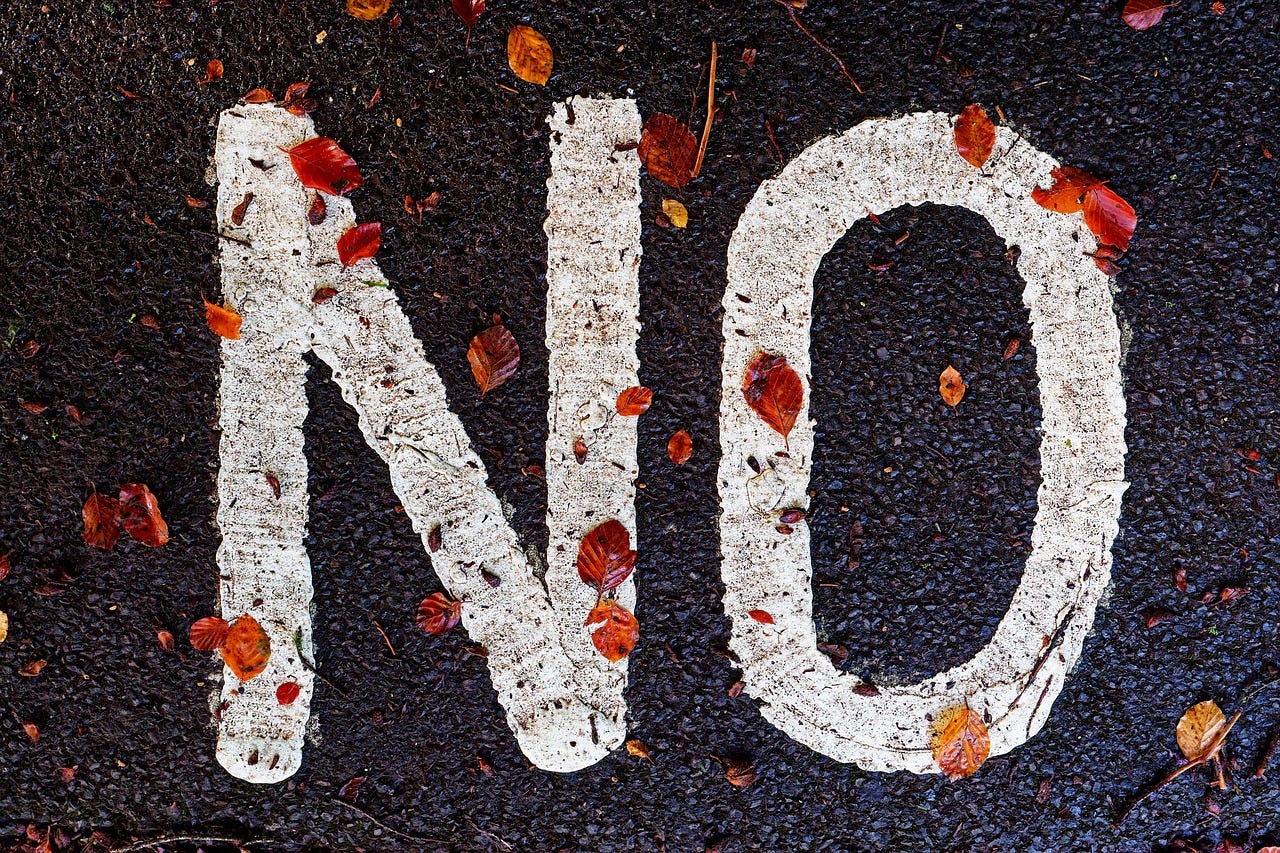The other day, I was walking home from yoga class, drenched in sweat, my mind still calmed from the final savasana. Then it happened. A man stopped me on the street, made a string of inappropriate sexual comments, and tried to touch me. I was startled, disgusted, and, for a moment, frozen. Why would anyone, let alone a stranger, feel that they have the right to invade someone else’s space, to objectify them in such a way?
As I replayed the incident later that night, I felt a surge of sadness, anger, and resignation. I cried because moments like these remind me that my body is seen as public property by some, not because of anything I’ve done but simply because I exist as a woman in a world shaped by patriarchy. And not just a woman but a Black, queer woman, navigating layers of objectification and entitlement that intersect in complex and painful ways.
After that brief moment of vulnerability, I turned to my strength: the pen or, more accurately, the keyboard. Writing has always been my way of making sense of the senseless, and this incident was no exception.
Why do men feel entitled to women’s bodies? The answer lies in the deep-rooted patriarchal norms that shape societies worldwide. From catcalling on the street to outright sexual violence, these behaviors are the result of a culture that teaches men, implicitly and explicitly, that they are entitled to women’s attention, space, and, ultimately, their bodies.
Statistics on sexual harassment and assault paint a grim picture. According to global reports, one in three women will experience some form of sexual violence in their lifetime. Yet, for many, these numbers are so normalized that they barely raise an eyebrow. A man stopping a sweaty woman on the street to make lewd comments? It's just another Sunday.
.
But normalization doesn’t make it right. In fact, it’s precisely this normalization that allows such behaviour to persist. Entitlement is woven into the fabric of patriarchal systems, where power dynamics are skewed to favor men and where women are often viewed as objects to be desired, claimed, and consumed.
This entitlement is not new. It’s been perpetuated for centuries, embedded in religious texts, historical narratives, and cultural practices. One glaring example is the biblical story of King David and Bathsheba.
David, the powerful king, spots Bathsheba bathing from his rooftop. Consumed by desire, he sends for her and takes her, disregarding her autonomy and agency. David’s actions are not framed as a romantic pursuit but as a demonstration of his entitlement; he saw her, he wanted her, and he acted on that desire without consent.
This story isn’t just a relic of the past; it’s a reflection of how entitlement to women’s bodies has been justified and normalized across time and cultures. David’s kingship gave him power, but it was his position as a man within a patriarchal framework that reinforced his belief that Bathsheba’s body was his for the taking.
Sound familiar? Modern parallels abound, from powerful men abusing their authority in workplaces to everyday men feeling emboldened to harass women on the street.
For women like me, the entitlement men feel over women’s bodies is compounded by other intersecting identities. As a Black queer woman, my body is subject to multiple layers of objectification. The fetishization of Black women, the hypersexualization of queer identities, and the pervasive dehumanization of marginalized groups create a perfect storm where harassment and violence feel inevitable.
This isn’t just about individual men; it’s about a system that emboldens them. Patriarchy intersects with racism, homophobia, and other forms of oppression, creating unique challenges for women of colour, queer women, and other marginalized identities.
So, how do we address this? How do we dismantle centuries of entitlement and reshape a world where women’s bodies are respected and not seen as public property?
First, we must change how we raise boys and teach men. Consent needs to be central to our conversations about relationships and interactions. “No” must mean “no,” and more importantly, the idea of entitlement must be interrogated. Men need to unlearn the belief that they have an inherent right to women’s attention, affection, or physicality.
Second, we need systemic changes. Stronger laws against sexual harassment and assault, better enforcement of these laws, and education campaigns that challenge patriarchal norms are all crucial. It’s not enough to hold individuals accountable; we must also address the structures that perpetuate this entitlement.
Lastly, we need to amplify women’s voices and experiences. Too often, our stories are silenced or dismissed. But sharing these stories, whether through writing, art, or activism, can spark conversations, challenge norms, and inspire change.
That man on the street probably thought his comments were harmless, maybe even flattering. But they weren’t. They were invasive, objectifying, and rooted in a culture that sees women’s bodies as commodities.
I’ll admit, incidents like these make me weary. They remind me that, despite all the progress we’ve made, the fight against patriarchy is far from over. But they also fuel my determination to keep writing, speaking, and advocating for change.
Because until society teaches men that they are not entitled to women’s bodies—until consent, respect, and equality become the norm—countless other women will continue to face these battles.
All Images by Pixabay.com










